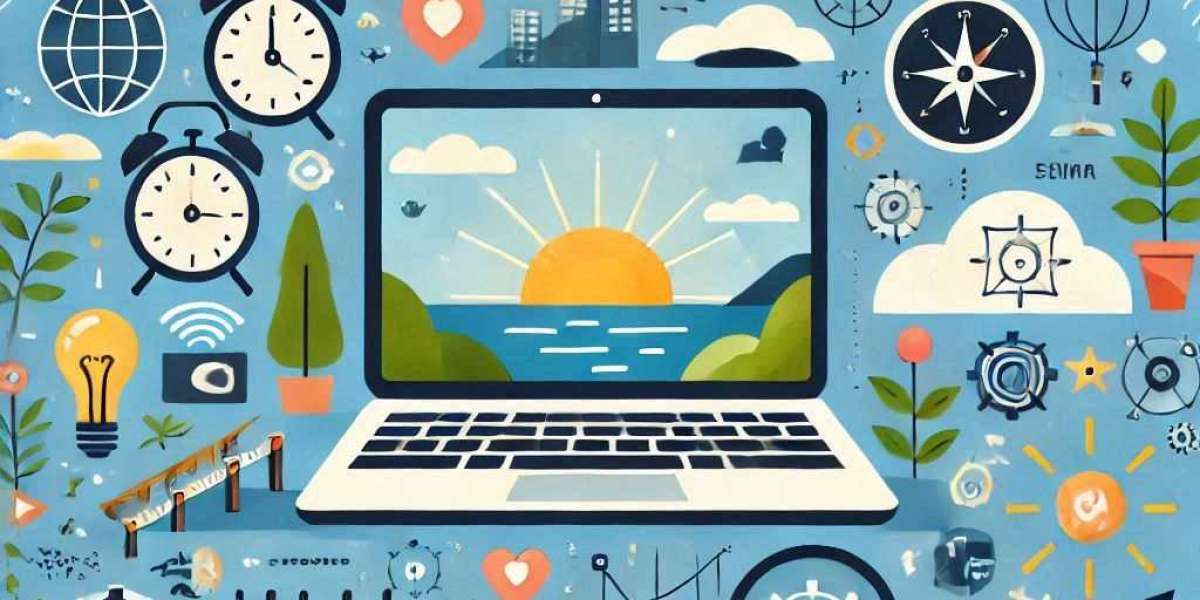The translation industry has seen a remarkable evolution over the past decade, driven by advances in technology, shifts in global business practices, and an ever-growing need for multilingual communication. For businesses and individuals alike, online translation services have become indispensable. Here are the latest trends shaping the landscape of online translation services in 2025:
AI-Powered Translation Tools
Artificial intelligence (AI) is revolutionizing the way translations are performed. Tools like Google Translate and DeepL are leveraging machine learning to provide faster and more accurate translations. These AI systems continuously improve by learning from vast amounts of multilingual data, making them more reliable for nuanced translations.
What sets the latest AI tools apart is their ability to handle contextual nuances. For example, AI can now better differentiate between idiomatic expressions, cultural references, and industry-specific jargon, ensuring translations are not just literal but meaningful.
Human-AI Collaboration
While AI is powerful, human expertise remains irreplaceable for ensuring cultural sensitivity, tone, and accuracy in translations. The trend of human-AI collaboration is gaining momentum, with professional translators using AI tools as aids rather than replacements. This approach combines the speed of AI with the nuance and creativity of human translators, delivering high-quality results.
Specialized Translation Services
As businesses expand globally, the demand for specialized translations has surged. Legal, medical, technical, and marketing translations require industry-specific expertise to ensure compliance and effectiveness. Online platforms are now connecting clients with certified translators who specialize in these fields, offering tailored solutions for complex needs.
Real-Time Translation Technology
Real-time translation is no longer a futuristic concept. Advances in natural language processing (NLP) and voice recognition have enabled tools like Zoom and Microsoft Teams to offer live translation features during meetings. These capabilities are breaking down language barriers in international collaboration and making multilingual communication seamless.
Focus on Data Security
With sensitive information being exchanged during translation projects, data security has become a top priority. Translation service providers are investing in robust encryption, secure cloud storage, and compliance with data protection regulations like GDPR. Clients now prioritize services that guarantee confidentiality and secure handling of their documents.
Multimodal Translation
Multimodal translation, which integrates text, audio, and visual content, is on the rise. With the proliferation of multimedia content, businesses are seeking services that can translate video subtitles, audio transcripts, and graphic elements. This trend reflects the growing importance of accessible and inclusive communication in diverse formats.
Localization over Literal Translation
Localization has become a buzzword in the translation industry. It goes beyond translating words to adapting content for specific cultural contexts, preferences, and behaviors. Online translation services now offer localization to help businesses resonate with local audiences, whether through website content, marketing campaigns, or software interfaces.
Subscription-Based Models
The rise of subscription-based models is transforming how clients access translation services. Platforms are offering tiered subscriptions that provide regular access to translators, AI tools, or a combination of both. This model is particularly attractive for businesses with ongoing translation needs, as it offers cost efficiency and predictability.
Emphasis on Sustainability
Sustainability has entered the conversation in the translation industry. Clients are increasingly favoring services that align with their environmental goals. Providers are responding by adopting sustainable practices, such as minimizing paper use, leveraging energy-efficient technologies, and promoting remote collaboration to reduce carbon footprints.
Conclusion
The online translation industry is advancing rapidly, driven by technological innovation and evolving client demands. AI-powered tools, human expertise, and specialized services are converging to create a dynamic and efficient ecosystem. As these trends continue to develop, businesses and individuals can look forward to more accessible, accurate, and inclusive translation services in the years ahead.














